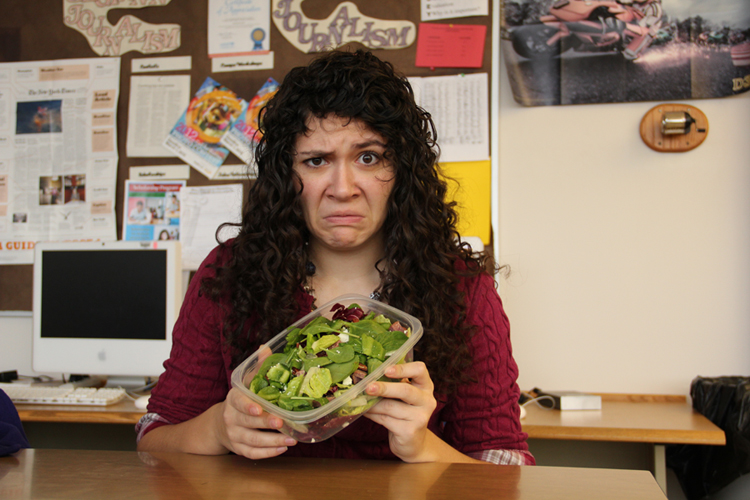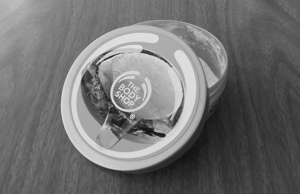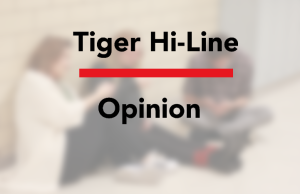Vegetarianism: a big ‘missed steak’

Rhydian Talbot/Staff Writer
I love animals, truly I do—but I love eating them more.
Admitting this generates a collective gasp from Vegheads — rotten tomatoes aimed squarely at my forehead—but I cannot hold my tongue (which, currently, is salivating at the mere thought of meat) any longer.
In a disconcerting trend, the carnivorous lifestyle has gained a bad rap over the past few years, what with science suggesting E. coli-this and diminished life-expectancy that. “Meat” became a new four-letter word when a 2009 study by the National Institute of Health claimed consuming red meat leads to a higher risk of cancer and heart disease. Pair that with further links to increased cholesterol and your friend’s story about that one time he contracted food poisoning, and the juiciest slice of the food pyramid seems to shrivel up in disgust.
Dr. Barry Popkin, nutrition epidemiologist at the University of North Carolina, went so far as to suggest mortal peril if a consumer enjoys one too many slabs of prime rib, maintaining “a lot of deaths would be prevented by cutting your overall meat intake.”
I hear you, Barry, I really do, but no. Just. No.
Cutting meat from my diet sounds almost as enticing as shoving vegetarian-approved cucumbers up my nose (read: not at all). Ham hocks, lamb chops, brisket, crab legs, drumsticks, spareribs—you name it, I’ll eat it. There’s just something so innately satisfying about sinking my teeth into a forkful of concentrated protein, my salivary glands working so hard that it literally causes me pain. If it didn’t really annoy the people I ate with, I’d give a commentary on every single salty bite as it progresses from plate to fork to mouth to heart. My stomach’s so consumed in meat-lust that it tunes out any part of my brain that might protest the ethics of the act.
Guilt about consuming cuddly barnyard animals is easily swallowed with heaping bites of logic. Primarily: if Nature never intended for humans to eat animals, then why did it make them out of meat? Heck, you could make an argument for animal consumption out of bacon alone. Seriously, bacon is the meat candy of the pig platter, the hidden treasure in a tossed salad, the FDA-certified strip of heaven that sends comedians like Jim Gaffigan into paroxysms of delight.
Honestly, Nature wanted us to eat meat. At one point in human ancestry, we lived as nomads, shipping our homes from pasture to pasture to follow herds of buffalo and other four-legged delicacies. One tender animal provided more nutrition and expended less energy than if an entire tribe set out picking grass roots and herbs as a food source. Civilization might have expired nomadic tendencies, but homo sapiens still retain a set of chompers filled with sharp canine teeth and bone-crushing molars, Nature’s personal set of cutlery created for tearing and grinding blissful bites of animal. Honestly, I appreciate Nature’s gift. As a vegetarian thanks Nature for providing a bounty of leafy greens, I thank it by sampling all the fine quadrupeds this earth has to offer.
As for health risks, I say bring it on. I fully accept the toll indulging in such heavenly protein takes on my cholesterol. As my arteries clog with each meaty morsel I consume, my heart, in its compromised state, painstakingly pumps out its appreciation.“THANK you, THANK you,” it chokes, slowly dying a sated death. And as my liver shuts down from excess fatty tissue, my taste buds continue to party as they celebrate the epic flavor sensation that is meat.
Vegetarians can nibble on relish sticks to their heart’s content, turning up their noses at the consumption of animals and the ensuing health risks. I, however, can’t deny my meaty cravings. If they demand a turkey leg the size of my face, so be it. Bar-b-que to the people, I say! Let them eat steak.









You must be logged in to post a comment Login